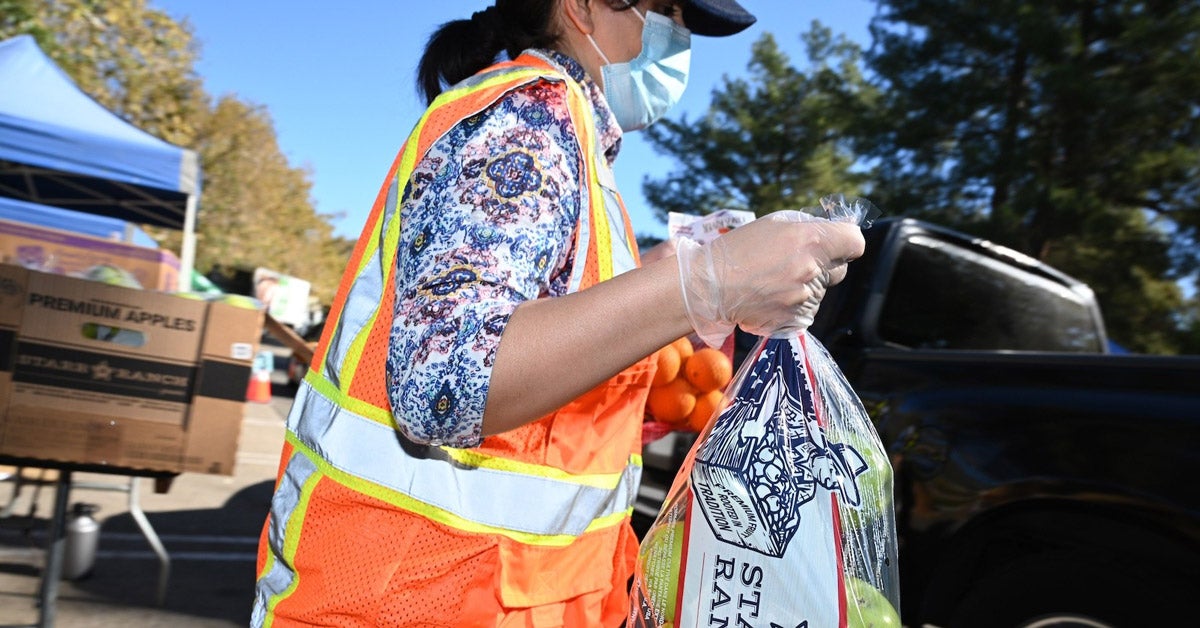Newsletter
HPH Weekly: Scurvy isn’t just for pirates anymore
This edition of Harvard Public Health Weekly was sent to our subscribers on October 3, 2024. If you don’t already receive the newsletter, subscribe here. To see more past newsletters, visit our archives.

Scurvy: not just for pirates anymore
Family physician Ramona Wallace often sees patients with scurvy, “a disease long forgotten by the medical system.” The treatment is easy: more vitamin C. And yet, in one extraordinary case, a patient had gone 30 years without anyone in the health care system recognizing he was malnourished. According to Wallace, the blame lies with a lack of nutrition education—and a systemic focus on looking for more costly diagnoses.

A pair of public health optimists weigh in post-pandemic
Julia M. Klein reviews a pair of very different yet complementary books by Anthony Fauci and his former boss at the National Institutes of Health, Francis S. Collins. Fauci’s book “is a chronicle of a life well-lived,” writes Klein, while “Collins’s book is a cri de coeur that looks to the future.” Both authors see hope despite political polarization in the U.S.

Food banks are an unlikely line of defense during heat waves
Older adults with disabilities often struggle to leave their homes for grocery shopping, and heat waves make that challenge worse. In Grist, Frida Garza explores how some of our oldest and most reliable nonprofit institutions—food pantries and meals-on-wheels organizations—are helping to ease that burden in this era of climate change.
Snapshot: Heating up heart disease
Extreme heat has long contributed to deadly heart attacks; the dangers were once hot tubs and an occasional heat wave. But climate change is bringing longer and more frequent stretches of high heat.
What we’re reading this week
Anti-trans laws fueled a spike in suicide attempts among trans and nonbinary youth →
The 19th
- Related: Families in states with bans on trans care are finding hope across state lines →
Harvard Public Health
Ugandan activists decry restrictive abortion laws →
Al Jazeera
After your death, who takes care of your dog? →
The New York Times
Experts skeptical of India’s target to eliminate leprosy by 2027 →
The Guardian
